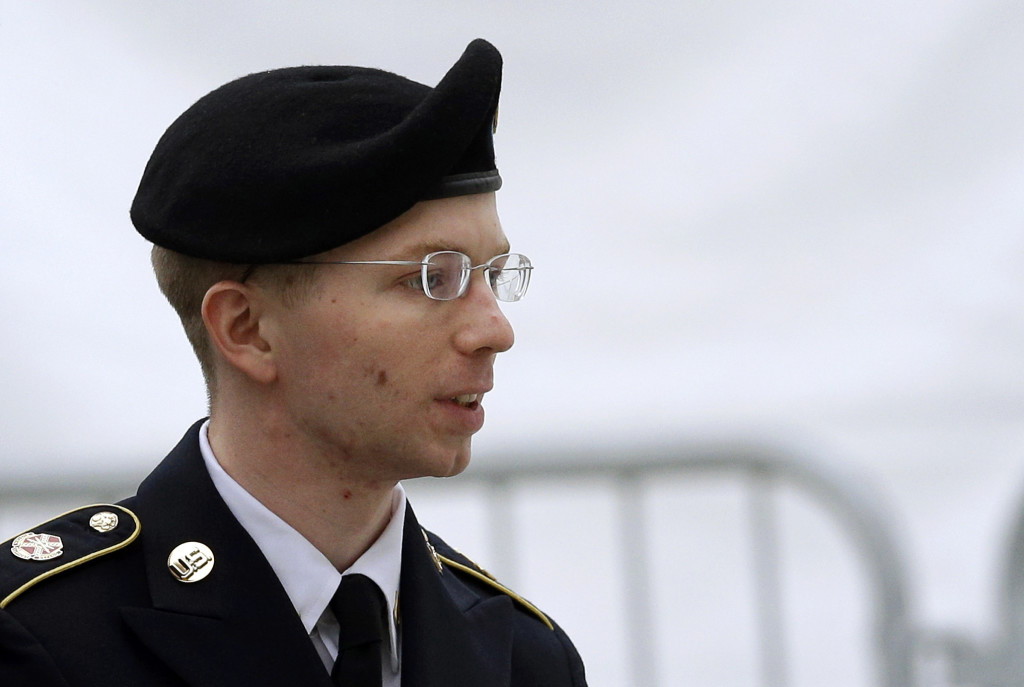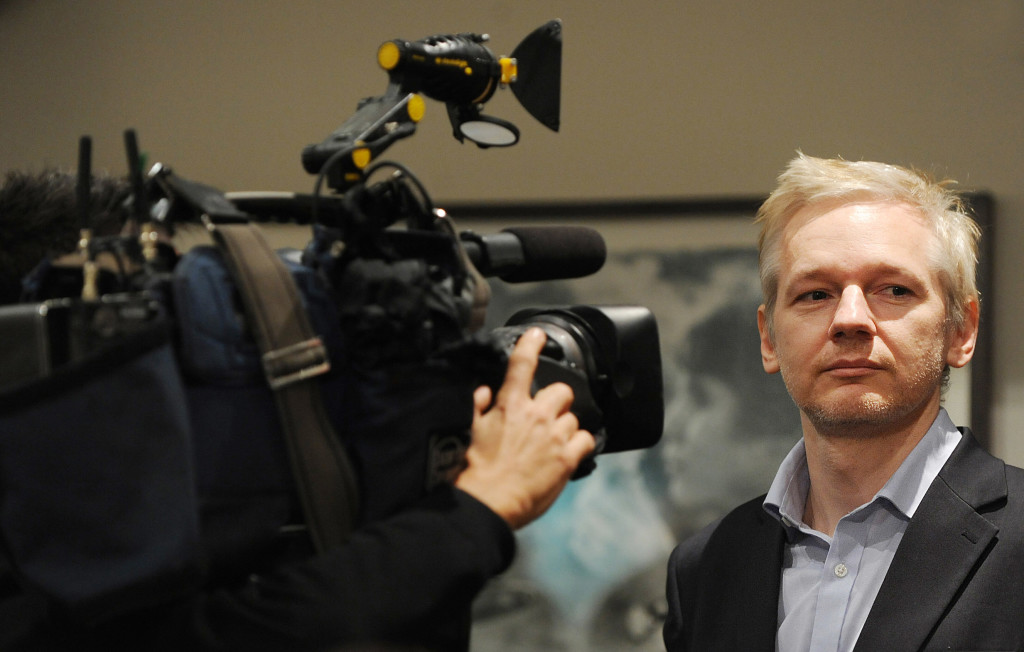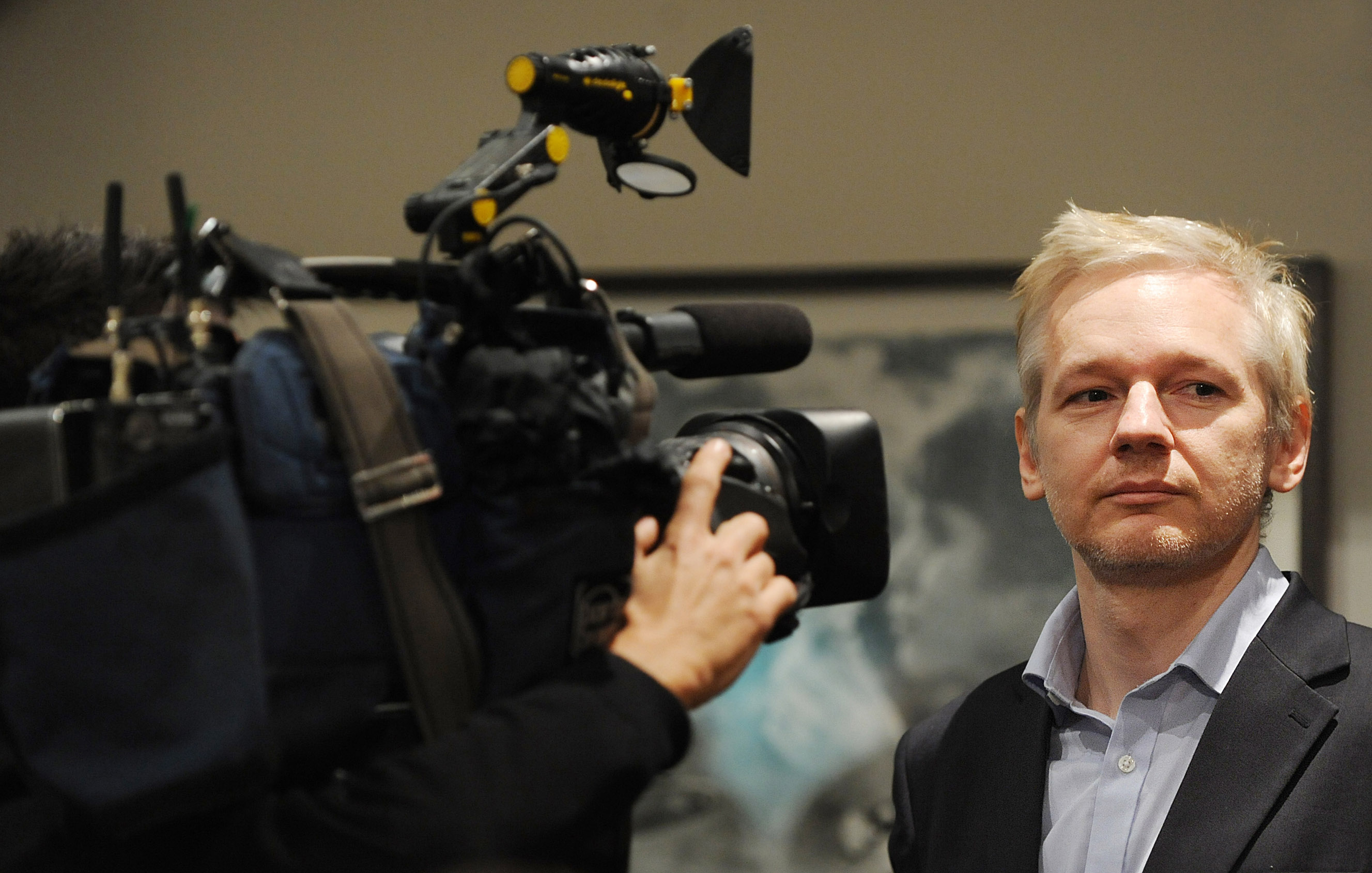Prosecutors: Bradley Manning Was Warned About WikiLeaks

June 3, 2013
Share
PFC Bradley Manning was “young, naïve, but good intentioned,” when he decided to start sending classified government documents to the website WikiLeaks, according to defense attorney David Coombs in his opening remarks in Manning’s court-martial.
Coombs delivered his remarks following an hour-long opening statement from the prosecution, which seeks to convict Manning on a number of charges relating to the leaks, the most serious being “aiding the enemy,” which could result in a maximum sentence of life imprisonment.
The prosecution’s opening argument presented a detailed timeline of Manning’s deployment to Iraq and how he began to download confidential documents within two weeks of his arrival. Prosecutor Army Capt. Joe Morrow argued that Manning’s case shows what happens, “when arrogance meets access to sensitive information,” and said that “the evidence will show he used his military training to gain the notoriety he craved.”
Morrow argued that Manning was fully aware that the leaks could aid the enemy, having been briefed multiple times on the consequences of disclosure and potential damage. He also referenced an internal military report, which would have been read by Manning, that details the specific risks posed by the WikiLeaks website, noting that Manning was “warned repeatedly” in training of America’s enemies’ use of WikiLeaks. Capt. Morrow also noted that Osama bin Laden himself received the Afghanistan war logs leaked by Manning.
The prosecution also claimed that Manning was “indiscriminate” in leaking a massive trove of documents “to a group that advocated for random openness.” He characterized Manning’s leaking as “not calculated” and essentially reckless, “massive, massive downloads.”
The defense’s opening was somewhat more general, and at times philosophical, beginning with an attempt to establish the point of view of PFC Manning in Iraq, “22 years young,” excited to be on his first deployment, and “hopefully make Iraq a safer place.”
Coombs described Manning as “not a typical soldier,” having custom dog tags made that read “humanist” on the back. This humanist ethos, according to Coombs, turned Manning into a whistleblower when he began to see what he considered a lack of regard for human life — specifically Iraqi life.
Coombs countered the prosecution, noting that Manning had “access to hundreds of millions of documents” and arguing Manning was selective with the material he leaked.
And he was emphatic that Manning took pains not to aid the enemy. His motivation, according to Coombs, was to start a debate in America about the wars. Manning considered the war logs were “one of the more important documents of our time,” and thought Americans should know what was happening. Manning, “was a little naïve in thinking it would make a difference,” according to Coombs.
While both sides broadly agree that Manning leaked classified documents, some crucial details are in dispute, including which specific documents were leaked and the timeline of events.
Coombs suggested that Manning began his tour in Iraq with typically patriotic intentions, but an incident on Christmas Eve 2009 changed him. Word had reached Forward Operating Base Hammer, where Manning was stationed, that a patrol from the base had been attacked with an improvised explosive device. The mood on the base was somber, but quickly turned to celebration when it was learned that none of the soldiers had been injured. However, a car containing an Iraqi family had pulled over to make way for the convoy and been hit directly by the blast. Their injuries were severe, and one of the Iraqis died. Coombs said that at that point, Manning was alone in not joining the celebration; it left him with the impression that American lives were valued, and Iraqi lives were not. According to Coombs, this was the beginning of Manning’s transformation to a whistleblower who wanted to alert Americans to what was happening in Iraq.
But in its opening statement, the prosecution suggested that Manning was already working on obtaining documents for WikiLeaks within two weeks of his arrival in Iraq in November 2009. Morrow said contact information for WikiLeaks founder Julian Assange was created on Manning’s computer on Nov. 29, nearly a month before the Christmas Eve incident.
The court-martial is scheduled to run through Aug. 23.
Related Documentaries
Latest Documentaries
Related Stories
Related Stories
Explore
Policies
Teacher Center
Funding for FRONTLINE is provided through the support of PBS viewers and by the Corporation for Public Broadcasting, with major support from Ford Foundation. Additional funding is provided the Abrams Foundation, Park Foundation, John D. and Catherine T. MacArthur Foundation, Heising-Simons Foundation, and the FRONTLINE Trust, with major support from Jon and Jo Ann Hagler on behalf of the Jon L. Hagler Foundation, and additional support from Koo and Patricia Yuen. FRONTLINE is a registered trademark of WGBH Educational Foundation. Web Site Copyright ©1995-2025 WGBH Educational Foundation. PBS is a 501(c)(3) not-for-profit organization.





















